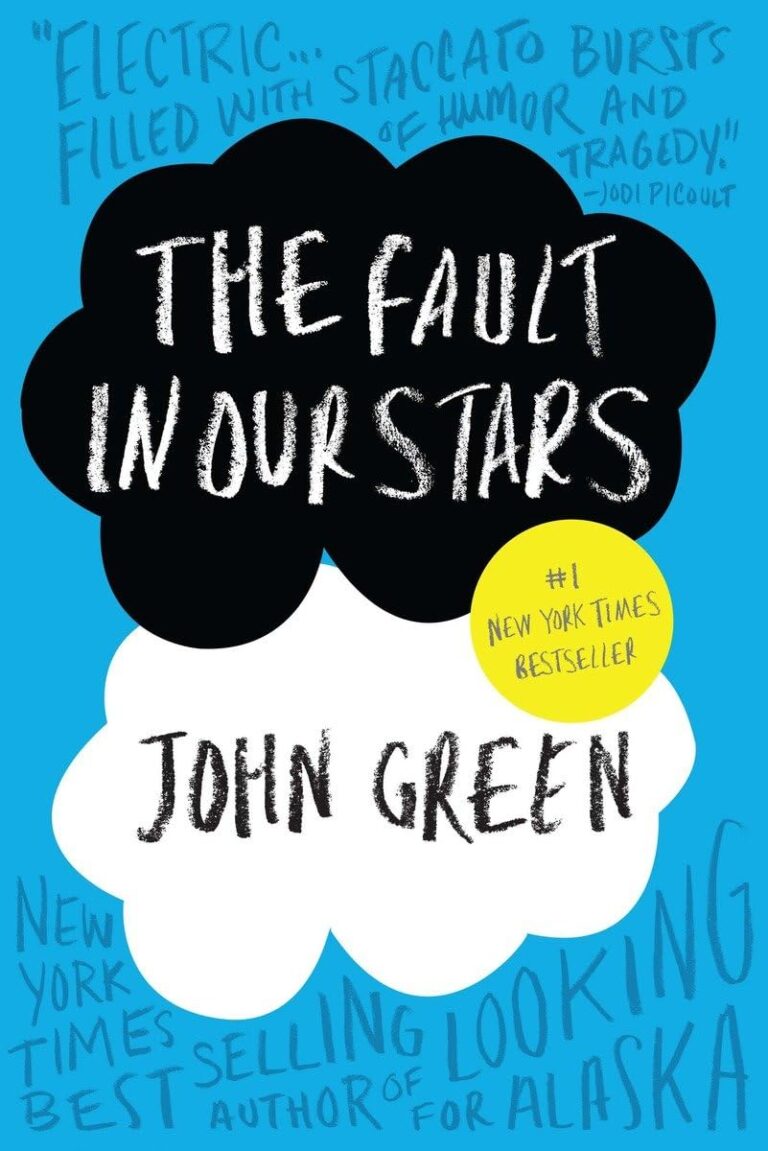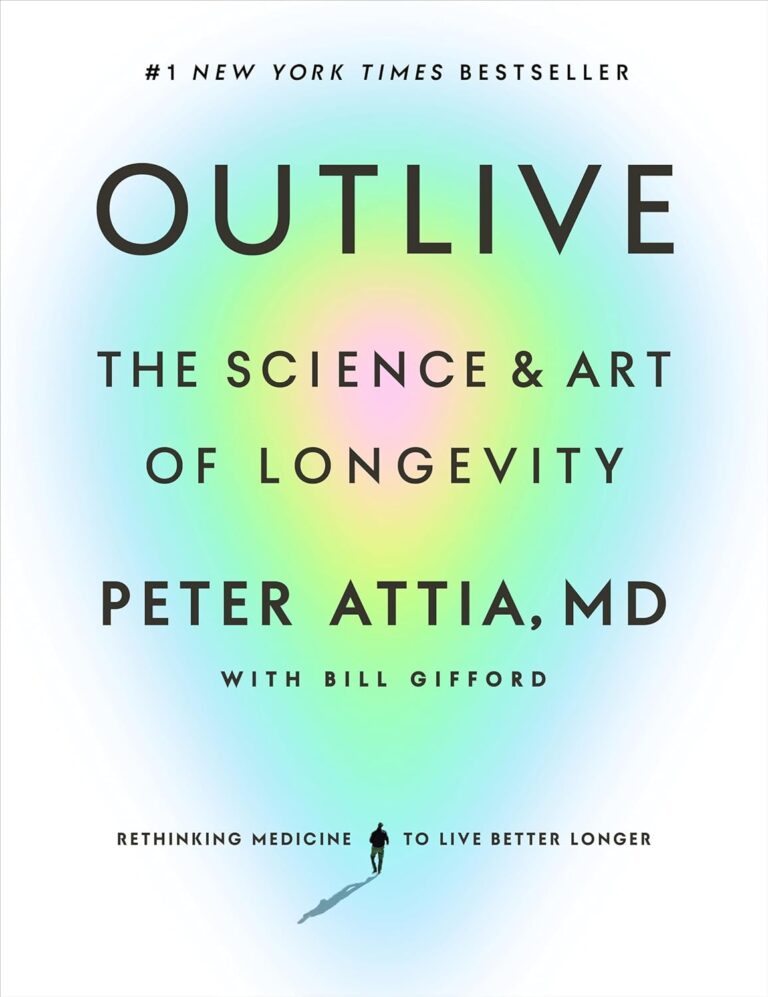
The healthcare field is as vast as it is critical. It is an industry populated with numerous professionals whose collective efforts help ensure the health and well-being of individuals around the globe. One such profession, often situated behind the scenes yet integral to the healthcare sector, is that of a pathologist.
Without pathologists, many crucial diagnoses would remain a mystery, and treatment options would be limited. They constitute the silent pillars of the healthcare world, making it imperative for us to understand their role, their journey, and the impact they have on patients and the medical field as a whole.
What is a Pathologist?
Pathologists are medical professionals who study the causes and effects of diseases. They perform tests on body fluids and tissues to aid in the diagnosis of diseases and conditions. This task necessitates a keen eye for detail, a deep understanding of the human body and its function, and a meticulous approach to work.
Attributes of an excellent pathologist include precision, analytical thinking, and effective communication skills. They must be detail-oriented to avoid errors in diagnosis and possess strong interpersonal skills to explain complex medical information to patients and other healthcare professionals.
Roles and Responsibilities of a Pathologist
Pathologists play an intricate role in diagnosing illnesses. They are the unseen heroes in a patient’s journey toward recovery – analyzing samples, interpreting results, and providing answers that guide the course of treatment.
They are extensively involved in laboratory testing. From simple tests like blood glucose levels to intricate ones like genetic studies–they’re responsible for authentic and accurate results. Pathologists also specialize in diagnosing various types of cancer, a responsibility that highlights their importance in the fight against this deadly disease.
Education and Training Required to Become a Pathologist
Pathology is not a profession one enters into lightly. It requires considerable educational qualifications, including a Bachelor’s degree, a Doctor of Medicine (MD), and a residency in pathology. Some pathologists even pursue further fellowship training in sub-specialties such as forensic or molecular pathology.
The journey is long and strenuous, but it equips pathologists with critical skills in diagnosing and understanding diseases. Moreover, the field of pathology is ever-evolving, necessitating continuous learning and updating of knowledge to keep pace with the latest developments in disease diagnosis and treatment.
Career Opportunities for a Pathologist
Pathology is a diverse field with numerous areas for specialization. Clinical pathologists, anatomic pathologists, forensic pathologists, and molecular pathologists are just some of the paths a professional can venture into. In terms of job growth, it is anticipated that demand for pathologists will rise in the coming years due to advancements in diagnostic techniques and a growing elderly population.
Apart from holding crucial roles within hospital settings, opportunities for professional growth also exist within academic institutions, private diagnostic laboratories, and research facilities.
Real-World Impact of Pathologists
Pathologists have a significant impact on health outcomes. They are pivotal to the detection of diseases and the determination of the most effective treatment options. By providing correct and comprehensive diagnoses, they can dramatically alter a patient’s care plan.
Moreover, by studying disease patterns and contributing to research, pathologists are actively involved in advancing the healthcare field paving the way for novel preventative strategies, new treatments, and ultimately, healthier populations.
Get to know us better
If you are reading this, you are in the right place – we do not care who you are and what you do, press the button and follow discussions live

Conclusion
The work of pathologists is integral within the healthcare sector. From initial training to the ongoing commitment to continuous learning, these professionals work tirelessly behind the scenes, providing valuable insights that guide treatment decisions. Their contribution to the medical field is immeasurable, as they are a crucial part of the fight against disease and the promotion of public health.
FAQ’s
1. Are pathologists only involved in determining the cause of death?
No, while some pathologists specialize in forensic pathology, which involves determining the cause of death, many work in clinical settings where they diagnose a wide array of illnesses and contribute to a patient’s ongoing care and treatment.
2. How long does it take to become a fully qualified pathologist?
It usually takes at least 13 years of higher education and training–4 years of undergraduate studies, 4 years of medical school, and a 5-year residency. Some pathologists also undertake 1-2 years of additional fellowship training.
3. What is the typical work environment for a pathologist?
Pathologists typically work in laboratories inside hospitals, where they analyze tissue and fluid samples. They may also work in private diagnostic labs, academic institutions, or research facilities.
4. What are the common study paths one may follow to become a pathologist?
The journey usually begins with a bachelor’s degree in a science-related field, followed by a medical degree and a residency in pathology. From there, some pathologists choose to specialize further with a fellowship in a specific area of pathology.
5. How does a pathologist contribute to a team of healthcare professionals?
A pathologist provides vital diagnostic information that informs patient care. They work closely with other medical professionals, guiding them toward the most effective treatment for the patient based on their results.

















Comments
Thank you. Comment sent for approval.
Something is wrong, try again later